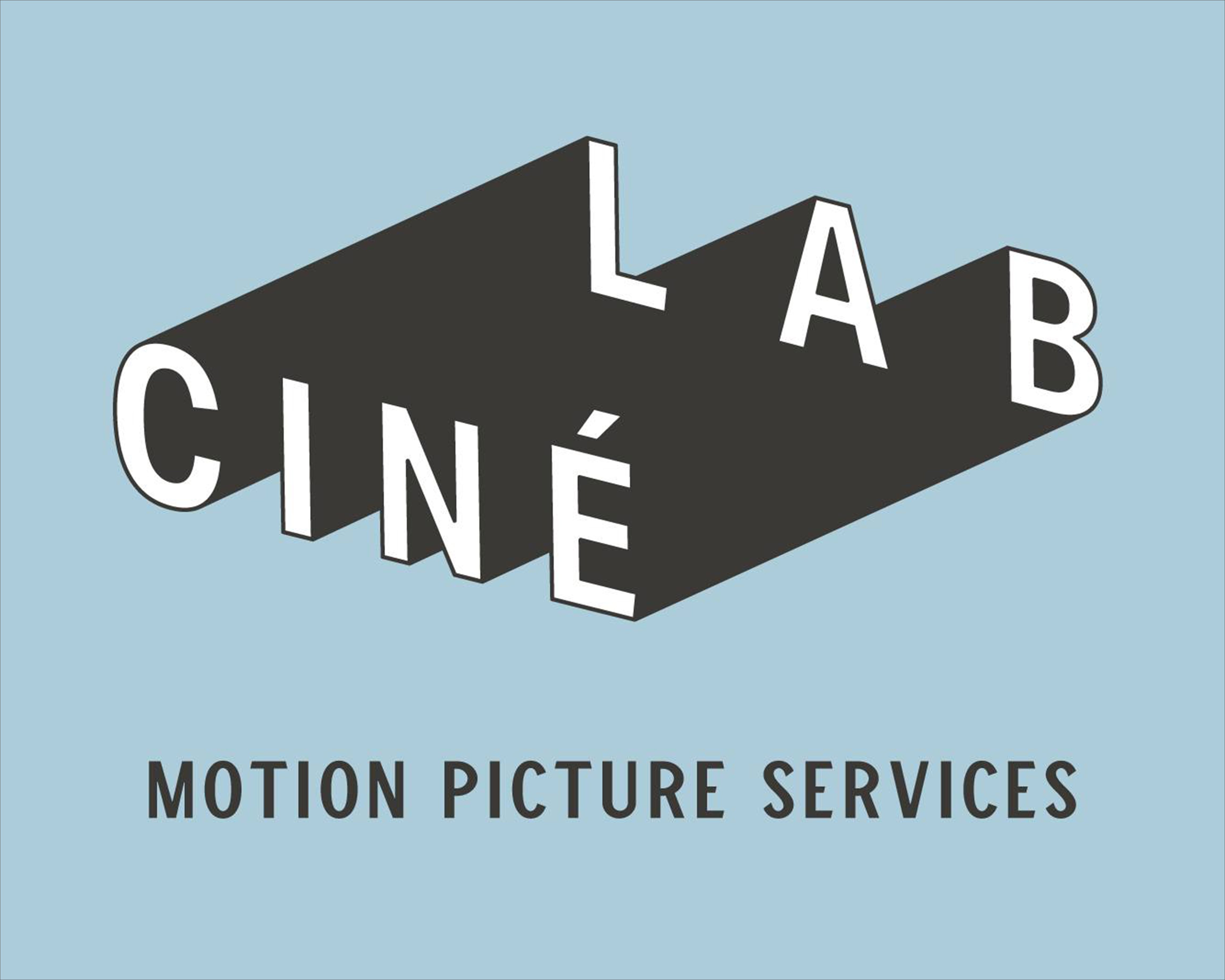I have been looking into the different jobs in making a film recently. I was wondering what the difference was between the editor, sound editor and dialogue editor. I always assumed that the editor would edit both the dialogue and sound. So what is the normal editor left to edit? The images?
You are using an out of date browser. It may not display this or other websites correctly.
You should upgrade or use an alternative browser.
You should upgrade or use an alternative browser.
editing roles
- Thread starter katiemcc
- Start date
Jared Isham
Member
I responded to your other post with more detail, but the editor really crafts the story. The Sound Editor and Dialogue editor or positions that fall under post production sound, they don't do any work until the picture edit is locked (usually). The editor still needs to work with dialog and some some sound effects and such but the post sound department will really push the movie to the next level. If you are doing it all yourself, treat the process like you have a post sound team. For me it makes the process remain smooth.
Jared Isham
Member
So, are you saying that the editor will piece together the film first with dialogue (I assume) and then the dialogue editor and sound editor will come in and tweak the audio or improve upon it?
Exactly. The editor will receive all the footage with dialog synced up with the picture (this is usually done by an assistant editor). Because dialog is so much of the story, this is the job of the editor to make sure it works. After the movie is considered "locked" (no more changes to picture to be made), then the sound team goes in and does their magic to the audio side of the edit...all based off of what the editor has done.
Hopefully that helps, but it sounds like you got it.
Jared Isham
Member
Is this a topic that would be helpful to have a breakdown done in a video form?
BartWeiss
New member
well the real issue is what happens to sound after picture lock
there are lots of things out there
but I know that Ripple training just released a series on how to do sound editing on logic
but to really do this well I think reading a few books would be best
here are a few
http://filmsound.org/newbooks.htm
but that site film sound dot org is a great place to start
there are lots of things out there
but I know that Ripple training just released a series on how to do sound editing on logic
but to really do this well I think reading a few books would be best
here are a few
http://filmsound.org/newbooks.htm
but that site film sound dot org is a great place to start
BartWeiss
New member
I STRONGLY advise you NOT to edit your own film. Your film will go much further if you have someone who is not connected to the film, deciding what shots to put in and not to put in. If you want to learn about editing, edit someone else's film, and get that experience, (it will make you a better director)
I know you will disagree with this and you will want to cut this yourself for many reasons.
I know you will disagree with this and you will want to cut this yourself for many reasons.
Thank you for the opinion. Editing is one of my passions so I have always wanted to edit my own films. My favourite director, Xavier Dolan, has edited his own films and they have turned out to be my favourite films of all time. I guess that's where the idea cam from to edit my own movies.
I agree with Bart. And, looks like Xavier Dolan was for the most part an actor although he did edit 6 films of which none have I seen featured in any theater but that does not mean they are not good or edited well but I have not heard of them. Also, wonder how far they would have gone if a talented editor did the cut.
Thanks for the reply. Xavier isn't really a very well known filmmaker in the theatres but did win the Jury Prize at Cannes which was my original inspiration. Do you ever think it will be possible for me to be a joint editor with someone else then? That was I'm still doing my passion but have input from a professional editor.
BartWeiss
New member
Yea if editing is your passion as well as directing, I would look for editing jobs, (start by offering students and grad students to edit for free or not much to build a reel)
By watching other peoples dallies you can lean so much. I have found that when you are editing and directing gets much better, You know what you really need in a scene so you can shoot less and have fewer takes.
and of course that have been many really great directors who have edited their own films, but for the most part as you have to work with someone your work will get tighter and better.
By watching other peoples dallies you can lean so much. I have found that when you are editing and directing gets much better, You know what you really need in a scene so you can shoot less and have fewer takes.
and of course that have been many really great directors who have edited their own films, but for the most part as you have to work with someone your work will get tighter and better.
Jared Isham
Member
Not to play devils advocate, but I do see a value in editing your own work. As a director who pays the bills by editing I call it the 1st cut approach.
I have two different recommendations for Director/Editors and it really depends on what situation you are in.
Scenario 1)
If you are directing your own movie and want to edit it, I would say that you should find someone who can do the first edit for you, that way you get another artistic vision applied to your film before you do the fine tune editing.
Scenario 2)
If you are hired on as a director or have an editor to edit your film and you still want a strong editorial voice (especially if you are hired on), then I would argue that you should do the first edit. That way, you can apply your directorial intentions into the edit so that your voice can be heard and then let the editor do their work. This has happened to me where I didn't get to do the first edit on a film and there were, in my opinion, a lot of bad editorial decisions made that I tried fighting for but was turned down by the producers...so if you can get a first cut then take it.
All in all, I think the main thing is to allow outside voice to be heard because they might have a better way of approaching something than you have.
Also, if you want editing experience, cutting your own stuff will be the easiest way, but if you are starting out, see if you can get some assistant editing jobs, then offer to cut some scenes or in your spare time do a few edits and show it to the producers...or ask if you can use it for your reel.
I have two different recommendations for Director/Editors and it really depends on what situation you are in.
Scenario 1)
If you are directing your own movie and want to edit it, I would say that you should find someone who can do the first edit for you, that way you get another artistic vision applied to your film before you do the fine tune editing.
Scenario 2)
If you are hired on as a director or have an editor to edit your film and you still want a strong editorial voice (especially if you are hired on), then I would argue that you should do the first edit. That way, you can apply your directorial intentions into the edit so that your voice can be heard and then let the editor do their work. This has happened to me where I didn't get to do the first edit on a film and there were, in my opinion, a lot of bad editorial decisions made that I tried fighting for but was turned down by the producers...so if you can get a first cut then take it.
All in all, I think the main thing is to allow outside voice to be heard because they might have a better way of approaching something than you have.
Also, if you want editing experience, cutting your own stuff will be the easiest way, but if you are starting out, see if you can get some assistant editing jobs, then offer to cut some scenes or in your spare time do a few edits and show it to the producers...or ask if you can use it for your reel.
BartWeiss
New member
Jared you are starting to get it but you are giving yourself an out. I can see in number one, your editor i his first cut says you don't need this short or scene, then you take it over and put it in, because this editor just does not understand how important it is, but you editor does understand what is working. Which is different than what is in the directors head.
I agree with what you say here. I like the idea of editing after someone has created the first edit for you. However, what do you think would be the best option? Either being a co-editor with someone else. This way you are allowing yourself to edit but there is another eye looking at the film and inputting other ideas. or do you think it would be better to allow someone to do the first editing for you and then you do the fine tuning?
Jared Isham
Member
Jared you are starting to get it but you are giving yourself an out. I can see in number one, your editor i his first cut says you don't need this short or scene, then you take it over and put it in, because this editor just does not understand how important it is, but you editor does understand what is working. Which is different than what is in the directors head.
To some degree. I think that there are a couple elements of filmmaking that MUST be applied to your work as a director/editor/etc. With those applied you will understand the elements of collaboration and ones of someone refusing to listen to outside suggestions. The fear of a director not knowing what works in editing is a finite point of view that mostly will be applied to directors who don't know how to collaborate, are unwilling to try different things and don't understand the elements of storytelling.
Some examples of director editors that are successful (not saying this happens to everyone, but it does happen) are James Cameron, Steven Soderbergh, Robert Rodriguez, The Coen Brothers, to name a few.
The main point is if you do edit your own movie, you can put your voice the way you want into it, but DO NOT forget that outside input and suggestions is often times your most valuable asset. Stick to your guns when you need to, but don't be afraid of throwing an idea out the window for one that is better.
This is a great little thread. I am thinking about how I might make a section in the magazine for good forum threads. Maybe we mutually do an edit on it so that it's more polished with no typos... ? I don't know but it would help with good content for filmmakers who might be asking the same kinds of questions at different levels and different places in their lives. Any thoughts?
Similar threads
- Replies
- 0
- Views
- 269
- Replies
- 0
- Views
- 284
- Replies
- 0
- Views
- 275
- Replies
- 0
- Views
- 178
- Replies
- 0
- Views
- 13,965





